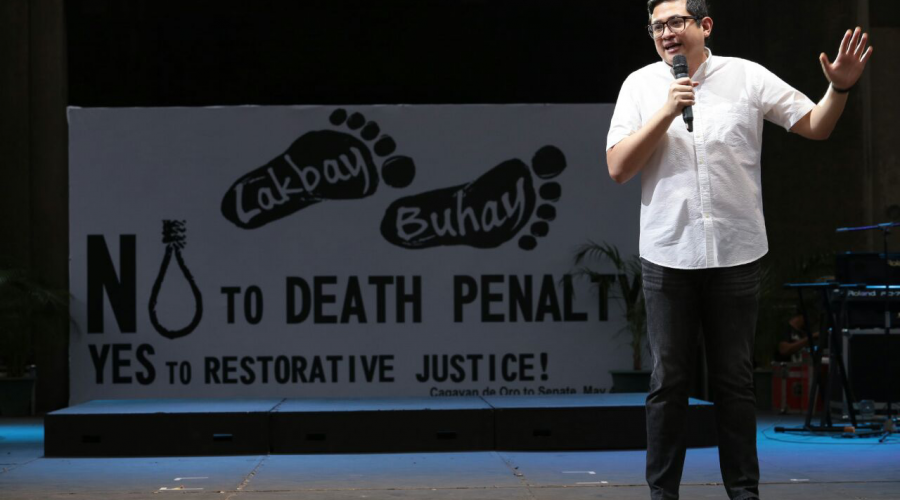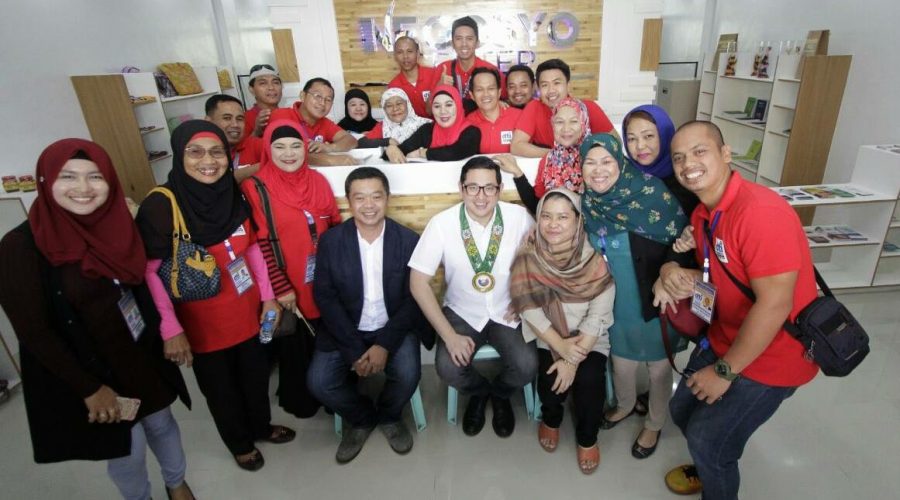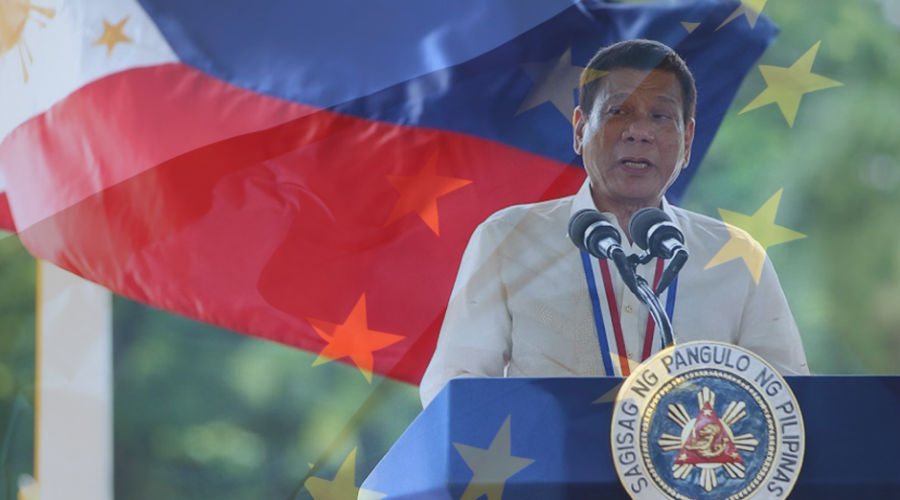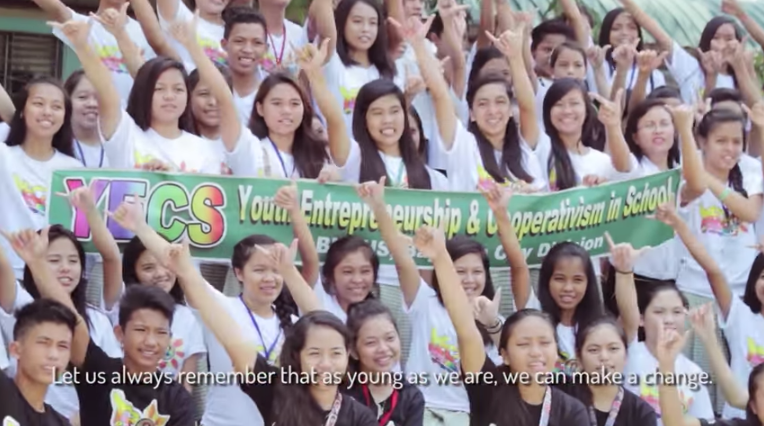NEGOSYO, NOW NA!: Negosyong techie
Mga kanegosyo, isa sa mga dahilan kung bakit isinusulong ko ang libreng internet sa mga pampublikong lugar sa iba’t ibang bahagi ng bansa ay puwede itong pagkunan ng trabaho at pagsimulan ng negosyo.
Kapag naratipikahan ng dalawang sangay ng Kongreso ang pinal na bersiyon ng panukala, pirma na lang ni Pangulong Duterte ang kailangan upang ito’y maging batas.
Kapag mayroong internet ang isang Pilipino, naririyan ang oportunidad para makakita ng hanapbuhay, makapagsimula ng online business o iba pang negosyo na may kinalaman sa teknolohiya.
Ganito ang nangyari kina Gian Javelona ng OrangeApps Inc. at Juan Miguel ‘JM’ Alvarez ng Potatocodes, dalawang technopreneur o negosyante na gumagamit ng teknolohiya sa kanilang negosyo.
Masuwerte tayo at nakasama natin sila sa programang ‘Go Negosyo sa Radyo’ noong Miyerkules kung saan ibinahagi nila ang kuwento ng kanilang tagumpay.
Sa kuwento ni JM, sinimulan niya ang Potatocodes noong 2014 sa edad na 20-anyos. Isa sa mga hamon na kanyang naranasan ay ang kawalan ng karanasan. Ngunit naisipan pa rin niyang gumawa ng mobile app sa sariling pagsisikap at pag-aaral.
Nagbunga naman ang pagtitiyaga ni JM dahil nakabuo siya ng app matapos ang isang buwang pag-aaral. Isa sa mga mobile app na na-develop niya ay ang FormsPH, na kanyang ipinamamahagi nang libre at ngayo’y may 15,000 downloads na.
Ayon kay JM, ginawa niyang libre ang FormsPH bilang mensahe sa mga kapwa millenials na gumawa ng solusyon sa halip na magreklamo nang magreklamo. Ngayon, nakatutok ang serbisyo ng Potatocodes sa paggawa ng website.
Para kay JM, hindi dapat isipin ang kabiguan at hindi rin dapat gamiting dahilan ang kakulangan ng kaalaman para hindi maabot ang isang bagay.
***
Sa parte naman ni Gian, sinimulan niya ang OrangeApps gamit lang ang laptop at cellphone. Ayon kay Gian, naisipan niyang simulan ang kompanya at gumawa ng app para sa enrollment matapos pumila ng tatlo hangggang apat na oras para maka-enroll.
Nagdisenyo siya ng app gamit ang website at mobile kung saan mapapatakbo ng isang paaralan ang operasyon nito sa online enrollment, tuition fee monitoring, at schedule ng mga klase.
Isa sa mga naging hamon sa pagsisimula niya ay kung paano makukuha ang tiwala ng mga paaralan na gumawa ng app para sa kanila. Unang nagtiwala kay Gian ay ang Polytechnic University of the Philippines (PUP) hanggang sa ito’y nasundan pa ng iba pang unibersidad.
Nang tanungin kung bakit ito ang napili niyang pangalan sa kompanya, sinabi ni Gian na “kung may Apple, gusto ko magkaroon ng Orange”.
Ayon kay Gian, ang pangunahing nagtulak sa kanya para simulan ang kompanya ay ang pagnanais na mapabuti ang sistema.
Para kay Gian, mas mabuting unahin muna ang pangarap dahil susunod na rito ang kita.
Nagsisilbi ring inspirasyon ni Gian ang pagkakataong makapagbigay ng trabaho sa mas maraming tao sa pamamagitan ng kanyang kompanya.
***
Mga kanegosyo, ano ang pagkakatulad nina Gian at JM? Pareho silang naghanap ng solusyon sa mga problema na kanilang naranasan at kinaharap.
Maliban pa rito, pareho rin silang natuto sa panonood ng YouTube kung paano mag-code o mag-program. Si JM, inabot lang ng isang buwan para matutong gumawa ng app.
Ito ang tatak ng isang entrepreneur. Naghahanap ng solusyon sa mga problema at nagbibigay ng sagot sa mga pangangailangan sa kanyang kapaligiran.
Sa paghahanap nila ng solusyon sa problema, nakapagsimula sila ng negosyo na parehong nagdala sa kanila tungo sa tagumpay.






Recent Comments